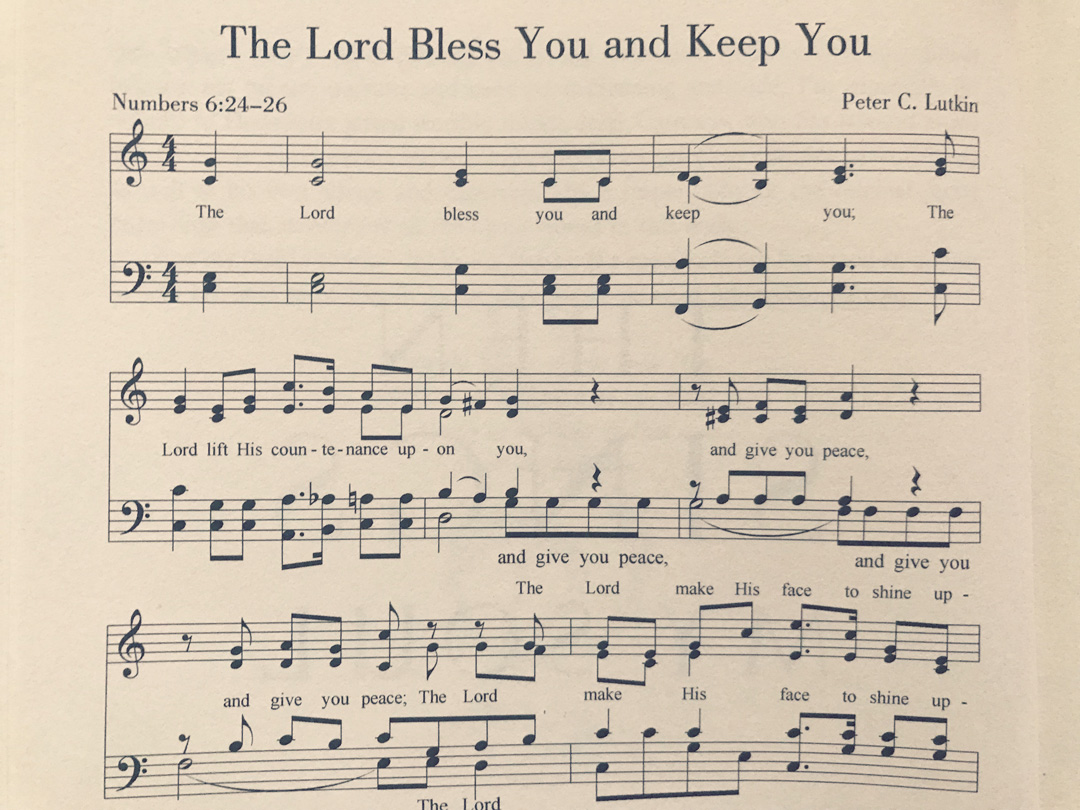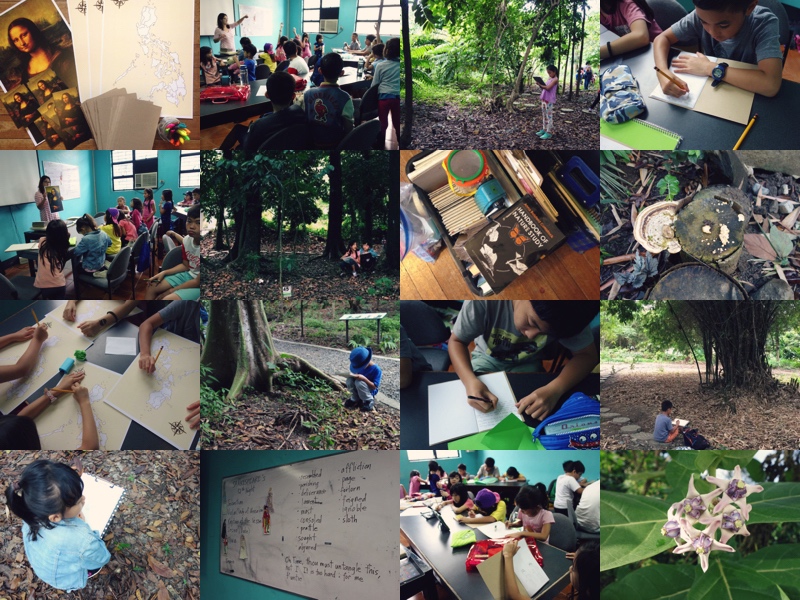There are endless christian workbooks, devotionals, and character lessons readily available for kids nowadays. Most are “fun”, giving the impression that it will entice the child to learn more. We are flooded with options that we forget that the best “program” is probably found in our homes, readily accessible.
Perhaps we cannot do a greater indignity to children than to substitute our own or some other benevolent person’s rendering for the fine English, poetic diction and lucid statement of the Bible. – Charlotte Mason
Charlotte Mason insisted that we let children interact with The Living Book directly. Children after all are born persons, and they too NEED The Living Book to teach them, to convict them, to correct them, and to instruct them in righteousness. Bible reading should not depend on fill-in-the-blank questions to drive a point. We ought to trust that the Bible is more than enough, and watering it down for children is a disservice.
I do not mean that when we read it plainly we expect that that the child will fully understand immediately. I actually expect the child to have questions but what is important is that the child is the one asking the questions. And by responding to their inquiries, we meet them where they are in their understanding. Children will understand according to what they are capable of, but we ought to be in mindset that they CAN and that their questions are even proof of this. Time and again I have been amazed by the insights my children have given from their listening, and I am blessed that Charlotte Mason’s method has allowed me this pleasure.
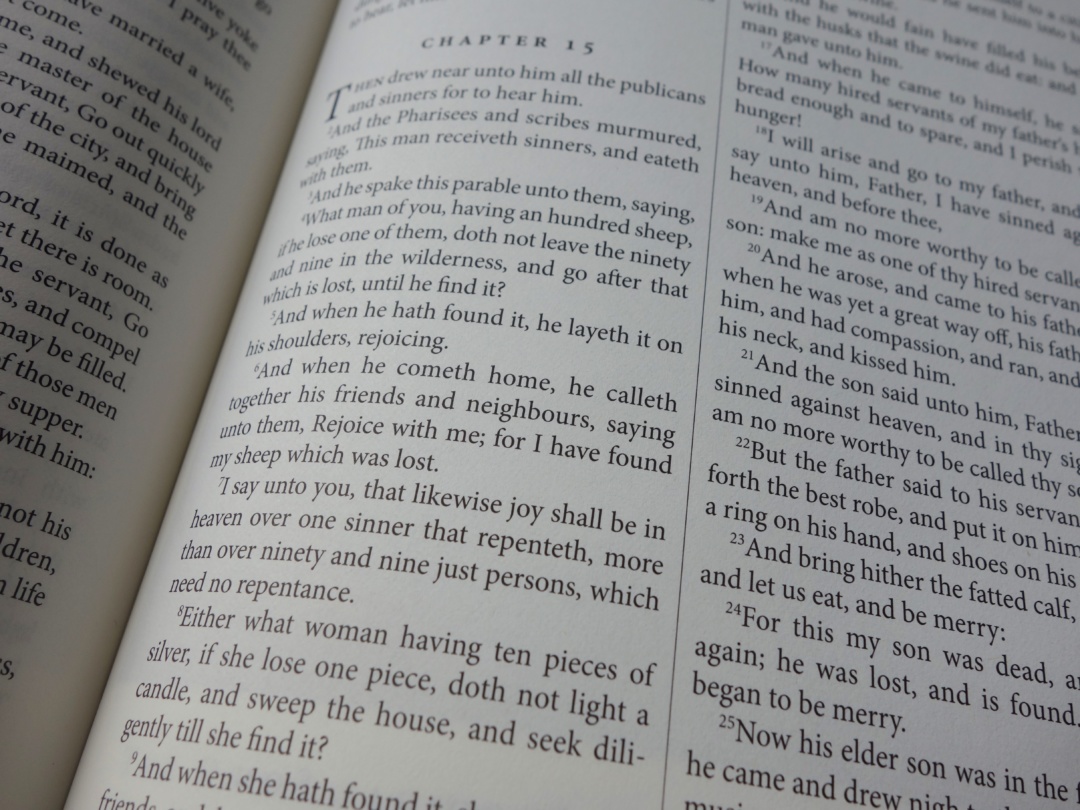
For the last couple of months we have been starting our morning reading, slowly going through the Gospel of Luke. There are no answer sheets or workbooks prompting a child with questions. We simply and directly read from The Word, narrate back, then discuss. It may sound simple but discussions have been grand.
The Lost SheepWhat man of you, having an hundred sheep, if he lose one of them, doth not leave the ninety and nine in the wilderness, and go after that which is lost, until he find it? And when he hath found it, he layeth it on his shoulders, rejoicing. And when he cometh home, he calleth together his friends and neighbours, saying unto them, Rejoice with me; for I have found my sheep which was lost. I say unto you, that likewise joy shall be in heaven over one sinner that repenteth, more than over ninety and nine just persons, which need no repentance. Luke 15:5-7, KJV
From the gospel according to Luke, we spent a week reading about the Parables of Lost Things. From the Lamb to the Coin to the Prodigal Son — the stories on finding of the lost spoke to me and my children, and we felt the emphasis on having JOY when something lost is found. The slow reading of the Word helped give us time to ponder on these thoughts.
The Lost CoinEither what woman having ten pieces of silver, if she lose one piece, doth not light a candle, and sweep the house, and seek diligently till she find it? And when she hath found it, she calleth her friends and her neighbours together, saying, Rejoice with me; for I have found the piece which I had lost. Likewise, I say unto you, there is joy in the presence of the angels of God over one sinner that repenteth. Luke 15:8-10, KJV
One realization of the kids was that not only do “things” get lost, but people as well.
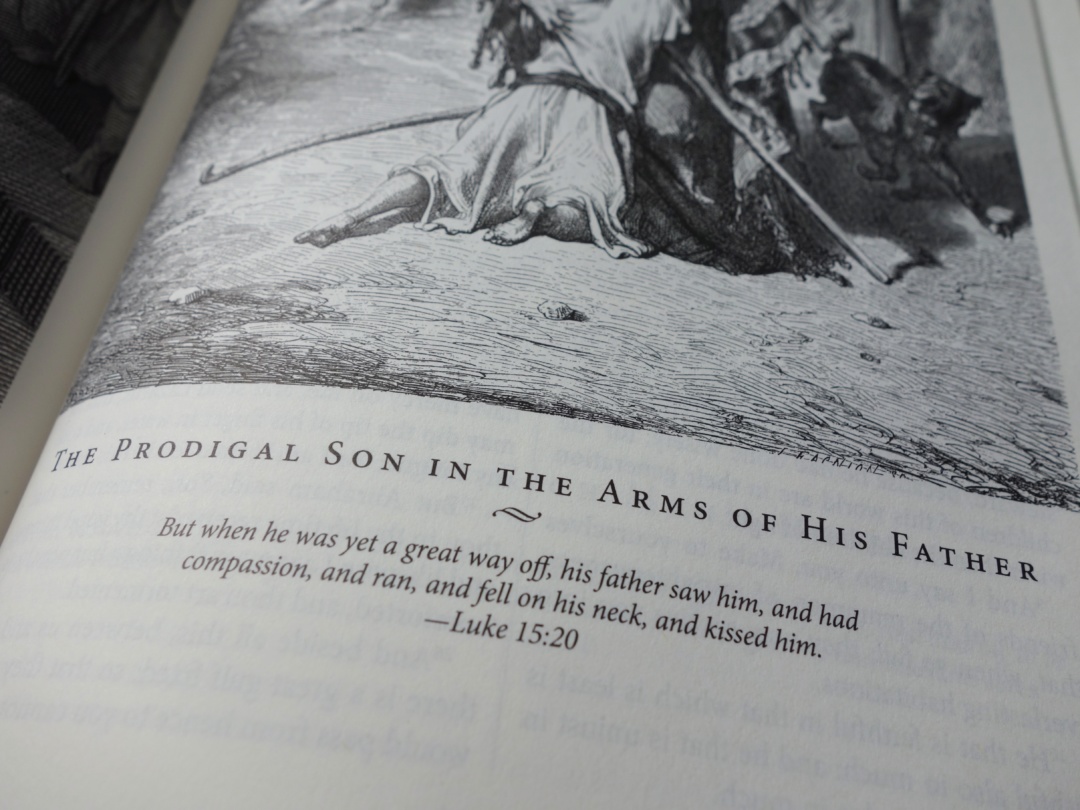
The Lost SonAnd he arose, and came to his father. But when he was yet a great way off, his father saw him, and had compassion, and ran, and fell on his neck, and kissed him. And the son said unto him, Father, I have sinned against heaven, and in thy sight, and am no more worthy to be called thy son. But the father said to his servants, Bring forth the best robe, and put it on him; and put a ring on his hand, and shoes on his feet: And bring hither the fatted calf, and kill it; and let us eat, and be merry: For this my son was dead, and is alive again; he was lost, and is found. And they began to be merry. Luke 5:20-24, KJV
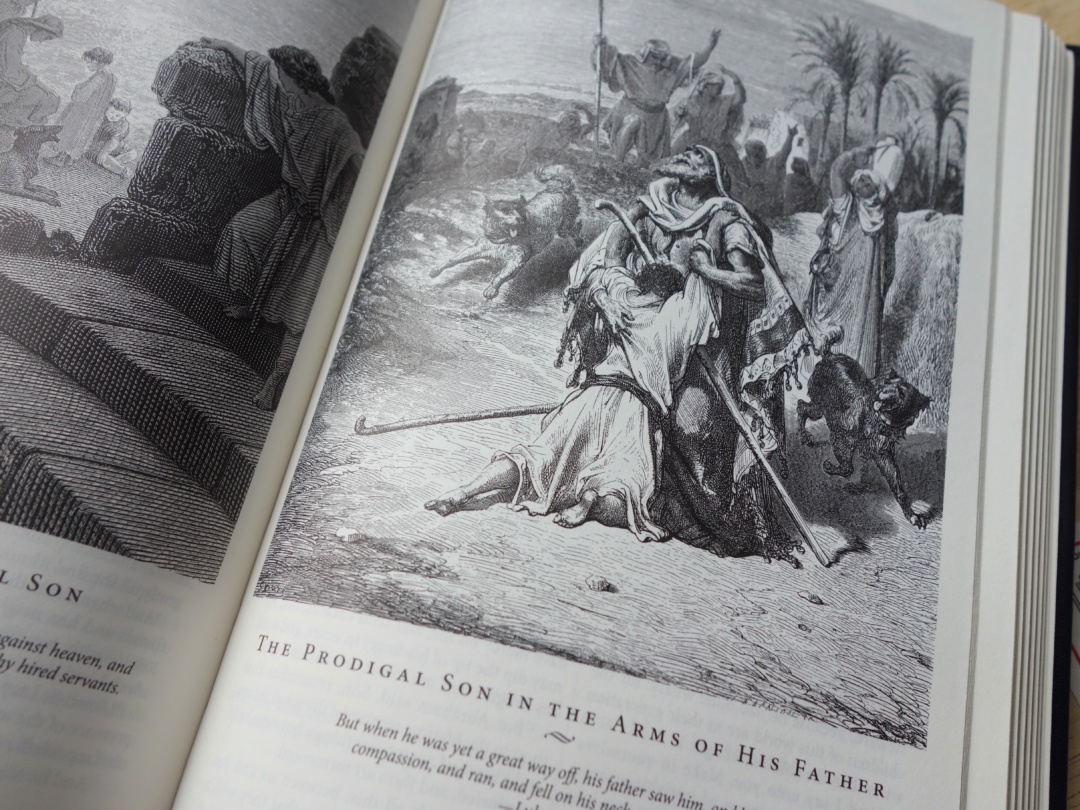
Further enriching the lingering thoughts from the parables in Luke, a reading of the biography of St. Augustine for church history was presented as well. And this allowed for an even grander conversation.
Augustine grew hearing his mother worshipping the Lord. It was on her lap where the story of salvation was explained to him, and where he heard hymns of praises to Jesus. As Augustine grew, his father recognized his brilliant mind, and was sent to another country at the age of 16 to study. It was there that he turned his back on Christ.
Stealing, carousing, watching evil entertainment, and sins of every kind became his habit. “I even used to pretend that I had committed sins which Ihad not done in order to impress my friends,” Augustine said. Rejecting Christianity, he embraced the popular philosophies of the day, and Augustinegrew proud. “I will make a great name for myself,” he said. – Trial and Triumph
But it came to a point when guilt filled Augustine’s heart. He went to a garden and cried out to God. He opened the Living Book and was led to read this passage: “Clothe yourself with the Lord Jesus Christ, and do not think about how to gratify the desires of the sinful nature” (Romans 13:14). And at once, the Lord opened his eyes.
Like the Lost Son, he too went home and was brought back to Him. And for the last 40 years of Augustine’s life, he taught, preached, and wrote books in defense of Christianity. His book, The Confessions, is about his life and the saving love of Christ.
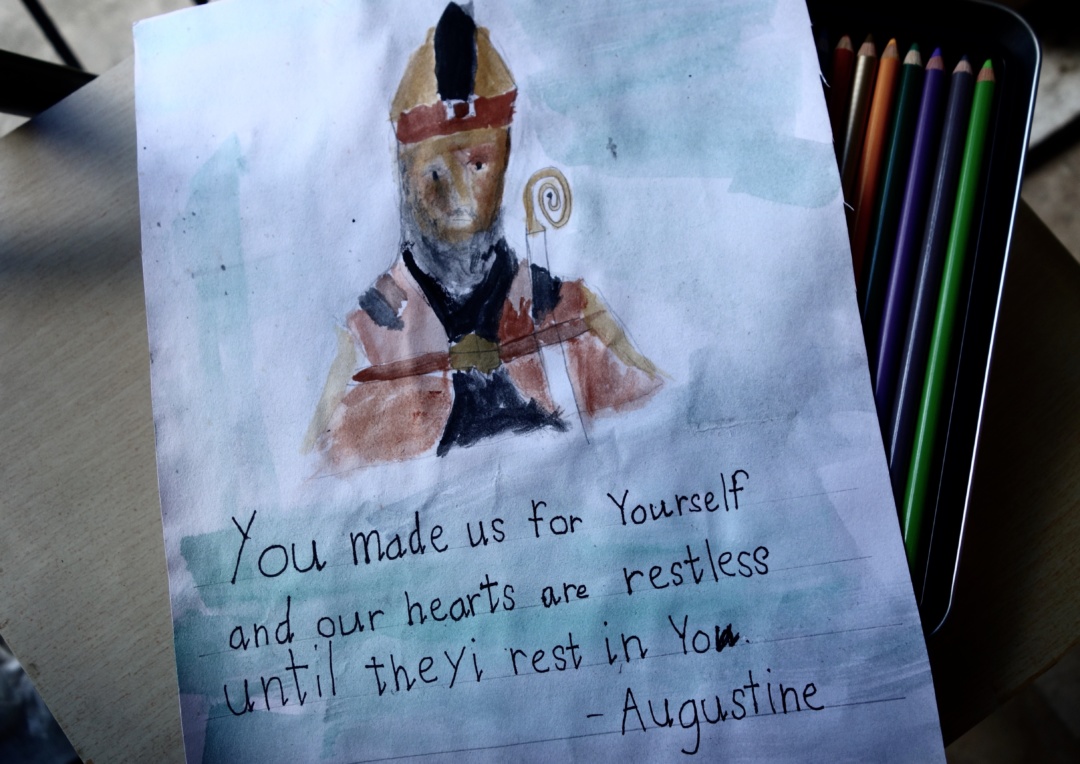
Augustine by Ilaya, 7 years old.
“He was lost, and was found!” said my 7 year old daughter with tears and joy in her eyes.


